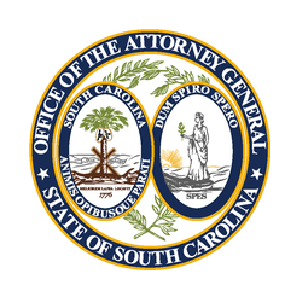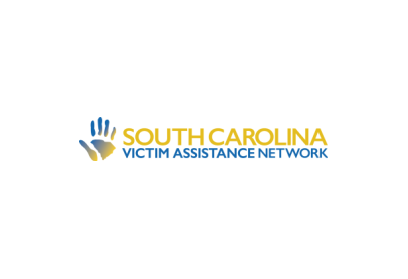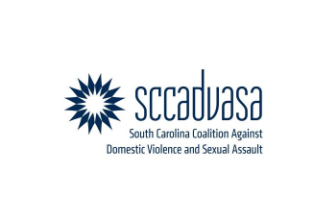The SCDJJ Victim Services Program (VSP) operates within the Community Services Division and provides victim advocacy, promotes offender accountability, trains staff in victim empathy, and collaborates with local and statewide victim assistance programs to provide awareness and outreach support.
VSP’s goal is to provide comprehensive victim service programs that honor and protect the rights and interests of victims of crimes committed by youth under the jurisdiction and custody of the South Carolina Department of Juvenile Justice.
Direct Victim Services
The following services are provided to Crime Victims:
- Accompany victims to court when requested.
- Notification of post-adjudicatory hearings.
- Notifications of Case Closure
- Notification when a youth is being transferred to a less secure facility or returning to the community.
- Notification in the event of escape.
- Advocacy and referrals to community resources.
Restitution
If you suffered property damage or physical, emotional or psychological harm through the wrongful conduct of a juvenile, you may be entitled to reimbursement via restitution.
South Carolina Crime Victims Constitutional Rights
To preserve and protect victim’s right to justice and due process regardless of race, sex, age, religion or economic status, victims of crime have the right to:
- Be treated with fairness, respect and dignity;
- Be free from intimidation or harm throughout the criminal/juvenile justice process;
- Be informed about victim’s rights;
- Be reasonably informed about criminal proceedings;
- Be informed if the accused is arrested, released, or escapes;
- Confer with the prosecution before the case is heard in court;
- Be present at criminal proceedings where the accused has the right to be present;
- Be heard at proceedings affecting bond, bail, release, please or sentencing;
- Have reasonable access to documents relating to the crime before trial;
- Receive restitution from the adult or juvenile offender;
- And a reasonable, prompt, and final conclusion of the case.
Excerpted from the Constitution of South Carolina Article 1. Section 24
Victim Impact Classes
Youth receive training in victim empathy via victim impact classes, which are designed to sensitize and educate the youth regarding the trauma associated with victimization. The goals of this training are to prevent recidivism and incorporate Restorative Justice Principles.
Contact Victim Services
Email us at victimservices@djj.sc.gov.




